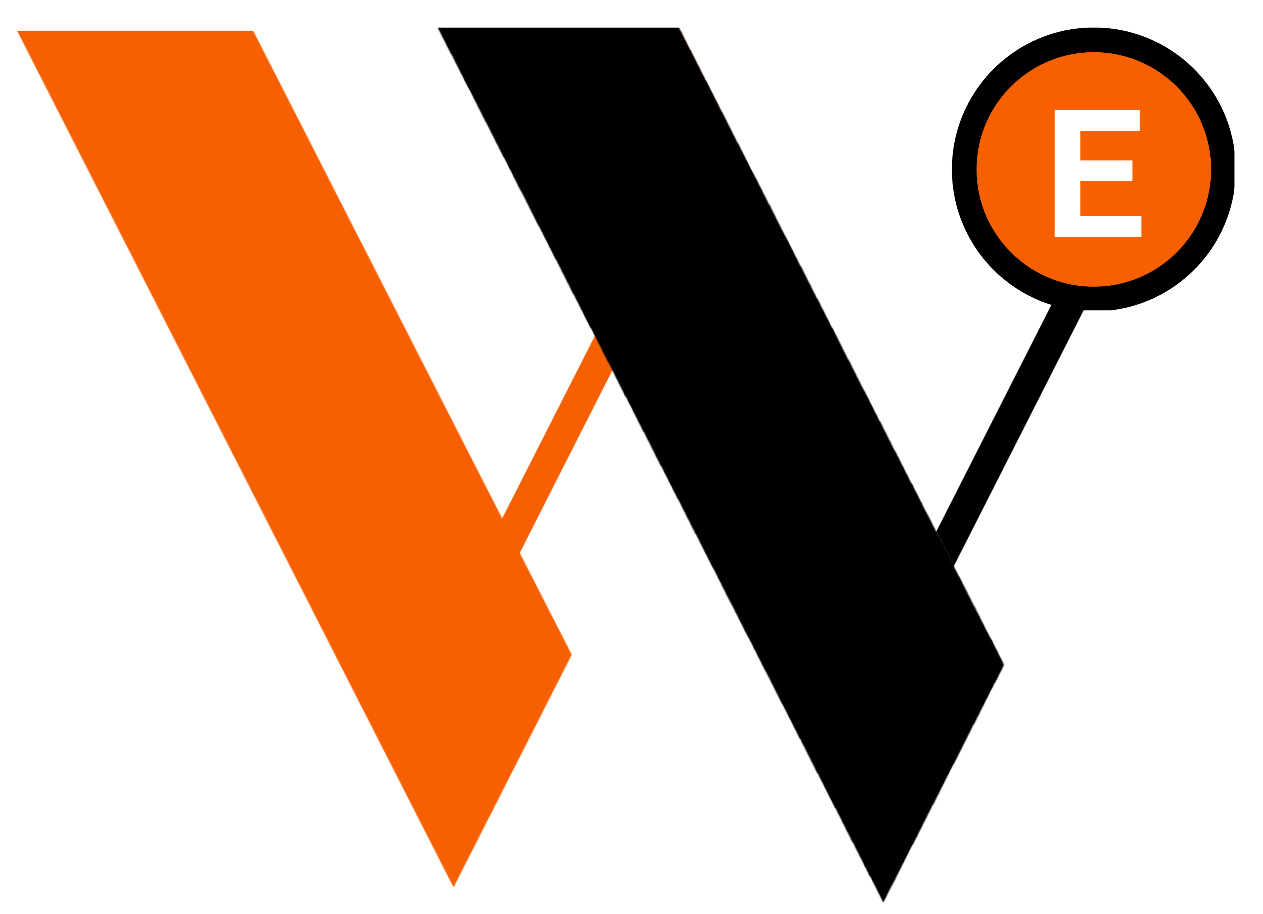Introduction: Why Staying Updated on SEO Trends Is Non-Negotiable
Search engine optimization is not a static game—it evolves daily. But here’s the good news: while algorithms may shift, there are always foundational SEO trends that continue to deliver long-term growth. Whether you’re a small business owner trying to get noticed, a digital marketer managing clients, or someone building a brand online—understanding what actually works in SEO will set you apart.
This guide cuts through the noise and helps you master the evergreen SEO trends that work regardless of updates or buzzwords.
1. Search Intent – The SEO Trend That Never Fades
Google’s main goal has always been to provide the best possible answers to its users. That’s why search intent (or user intent) has become the heart of SEO. If your content doesn’t match what users are looking for, your chances of ranking are slim—no matter how well-optimized your page is.
Types of Search Intent:
- Informational – Users are looking for knowledge (e.g., “how does SEO work?”)
- Navigational – Users want a specific website (e.g., “Warsi Entrepreneurs blog”)
- Transactional – Users want to take action (e.g., “buy SEO tools”)
SEO Tip: Optimize every blog, product, or landing page to match the right intent. Analyze the top 5 search results for your target keyphrase and mirror their intent.
2. Core Web Vitals – SEO is Speed, Stability & Interaction
Since Google made Core Web Vitals a ranking factor, site performance is not just technical—it’s SEO-critical. Your site must be fast, mobile-friendly, and stable as it loads.
Key Metrics to Track:
- LCP (Largest Contentful Paint): Should load within 2.5 seconds
- FID (First Input Delay): Under 100ms
- CLS (Cumulative Layout Shift): Under 0.1
Tool to Use: Google PageSpeed Insights
3. E-E-A-T (Experience, Expertise, Authoritativeness, Trustworthiness)
Google prioritizes websites that show real-world credibility. That’s where E-E-A-T comes in. It matters most for YMYL niches (Your Money, Your Life)—but it’s important for every website.
How to Boost E-E-A-T:
- Display author bios with credentials
- Get backlinks from trusted sites (outbound and inbound)
- Include reviews, case studies, or client success stories
SEO Tip: Add schema markup for authorship and reviews to strengthen your site’s authority.
4. Topic Clusters & Content Hubs
The old method of publishing random blog posts is dead. Now, search engines reward topical authority. Create a pillar page on a broad topic (like SEO) and link it to detailed sub-pages (like local SEO, technical SEO, etc.).

Example:
- Pillar: SEO Strategy Guide
- Sub-topic: Keyword Research
- Sub-topic: On-Page Optimization
- Sub-topic: Link Building

This structure not only helps SEO but improves user experience.
5. Semantic SEO – Not Just Keywords, but Context
Modern SEO isn’t about stuffing keywords—it’s about using natural language and semantically relevant terms.
Tools for Semantic Optimization:
- Surfer SEO
- Frase.io
- ChatGPT (structured with SEO intent)
Use NLP (Natural Language Processing) tools to analyze the top-ranking content and find semantic phrases your content should include.
6. Visual Search & Multimedia Optimization
Search is becoming more visual. Platforms like Google Lens allow users to search using images. That’s why optimizing your media assets is now part of solid SEO strategy.
Image SEO Checklist:
- Use descriptive alt tags (e.g.,
alt="infographic explaining SEO trends") - Compress for fast loading
- Add schema markup for image-rich results
Don’t forget to optimize your YouTube videos and embed them with SEO-focused titles and transcripts!
7. Voice Search & Conversational Queries
People are talking to their devices more than ever. Voice search favors natural, long-tail queries.
Examples of Voice Search Terms:
- “What are the best SEO trends for businesses?”
- “How do I get my website to rank on Google?”
8. Zero-Click Searches – Be the Final Answer
Featured snippets, knowledge panels, and local packs are dominating page 1 of Google. These are zero-click results, where users get answers without clicking.
How to Win:
- Use bullet lists and short answers
- Add FAQ schema
- Use exact-match questions and answers
Example:
What is SEO?
SEO (Search Engine Optimization) is the process of improving your website to increase its visibility on search engines like Google.
9. AI-Powered SEO Tools – Your New Best Friends
AI tools aren’t just trendy—they’re essential for modern SEO. They can help with research, content writing, optimization, and performance tracking.
Must-Try AI SEO Tools:
- ChatGPT for outlines & semantic SEO
- Surfer SEO for optimization
- Screaming Frog for technical audits
Outbound Link: Visit SurferSEO
10. Long-Form, Evergreen Content Wins
Search engines love comprehensive content. Blog posts like this one—between 2500 and 5000 words—show authority, reduce bounce rates, and naturally include more keywords.
Evergreen SEO Content Best Practices:
- No dates in the title or slug
- Regularly update statistics or examples
- Write for readers first, SEO second
Final Thoughts: SEO Trends That Will Keep You Ahead
SEO doesn’t stand still—but if you focus on these evergreen SEO trends, your strategy won’t just survive… it will thrive. Stay intent-focused, optimize for performance, build topical authority, and don’t ignore the power of visual and voice search.
Whether you’re growing your brand, scaling your agency, or trying to outrank competitors—this is the SEO roadmap that keeps delivering results.
FAQs – SEO Trends
1. Do SEO trends change every year?
Yes and no. Algorithms evolve, but core SEO strategies like intent, authority, and content quality remain crucial.
2. How do I stay updated on SEO?
Follow trusted blogs (Moz, Search Engine Journal), join communities, and track Google updates.
3. Is keyword research still important in SEO?
Absolutely. But it’s more about understanding topics and intent than just chasing keywords.
4. Can I do SEO myself or should I hire an expert?
If you understand the basics, you can start on your own. But for scaling, hiring experts like Warsi Entrepreneurs can fast-track your success.
5. Are AI tools enough for SEO now?
AI tools are powerful, but they need strategic human input to produce the best results.

